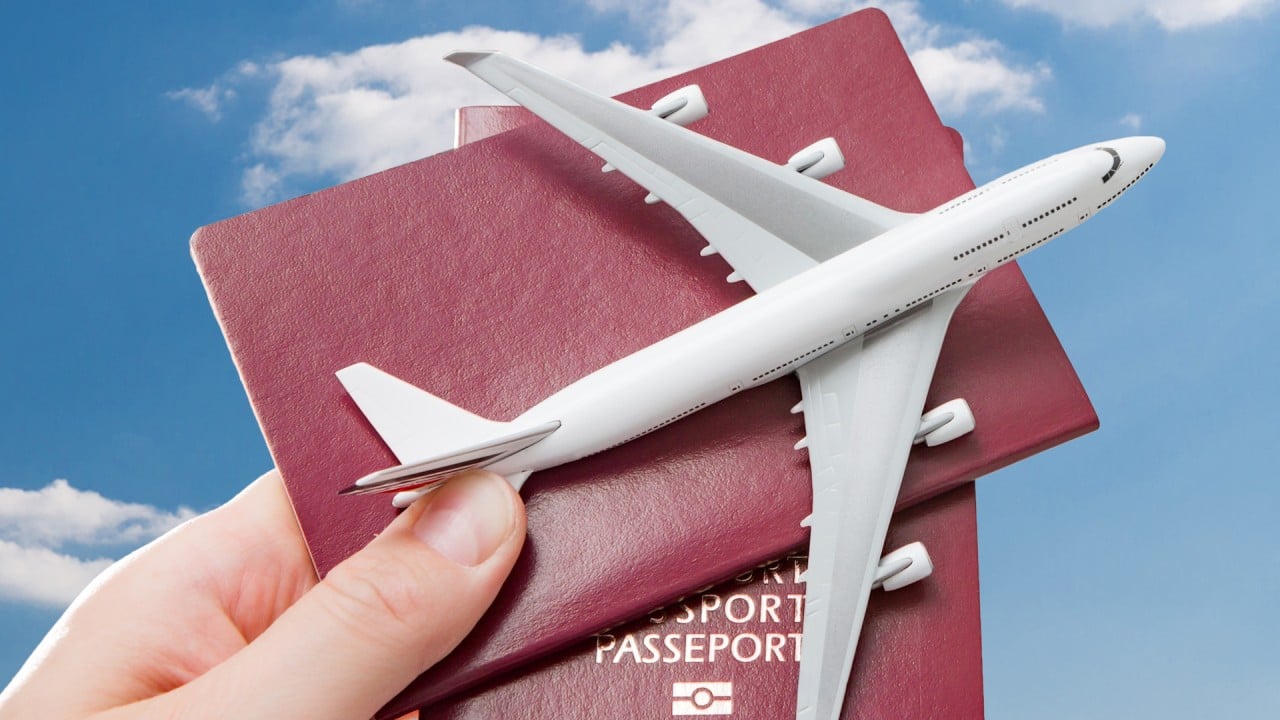
China’s visa-free opening prompts calls for broader policy shift, move seen to make economic sense
- After China unilaterally enacted a visa-free policy for several countries, specialists have called for broader policies as further shows of good faith
- Greater opening-up measures would shore up confidence and encourage investment in the country at a time when both are highly sought after
After China unilaterally announced visa-free entry for passport holders from several countries – generating an enthusiastic response from advocates of engagement – academics and analysts have joined the chorus encouraging Beijing to enact broader policies to reap further rewards.
Such an opening, they argued, would be important to revive confidence and trust amid ongoing efforts to stabilise its economic relations with Washington and Brussels, both prime destinations for Chinese goods and sources of much-needed technological know-how.
“It’s the kind of progress that won’t lift confidence overnight, but will bring benefits in the long run,” said Zhu Tian, a professor at the China Europe International Business School in Shanghai.
We can show goodwill and do our part to make exchanges easier
Yan Shaohua, a researcher with Fudan University’s school of international studies, encouraged authorities to adopt a case-by-case approach and consider further opening to foreign firms in agriculture, aviation, payment processing and telecoms services.
“Now that we have started mending ties with Washington and reassured the world of our resolve to continue reforms, we can show goodwill and do our part to make exchanges easier,” Yan said.
“Proactive moves will restore confidence.”
Chinese business owners have expressed optimism over the freshly minted policies, and declared their hope for more in the same vein.
Feng Yelei, who runs an auto parts export subsidiary of Chinese carmaker Geely, said his clients were put off by cumbersome requirements to obtain visas.
“Now we have invited our German and French partners to visit Ningbo in December for business talks, and we hope soon our US clients can visit us,” Feng said.
James Liang, co-founder of China’s largest online travel service Ctrip, said the visa waiver would function as a booster for service exports.
“Unilateral visa waivers for these countries means reducing export barriers and is conducive to boosting trade in service exports to earn foreign exchange and grow [gross domestic product],” he said.
“It makes a lot of economic sense.”
From snorkels to skiing, Chinese travellers eye the less trodden path
Liang added a wider opening would boost the competitiveness of Chinese firms, and serve as part of a strategy to counter America’s bid to contain China’s technological advancement.
To that end, Zhu of the Shanghai business school said the US and Japan, two other major trading partners, should be included in whatever the next step would be.
“China can be nicer towards American visitors as part of the ‘unilateral opening’ and make it easier for businesspeople and professionals to enter China,” said Zheng Yongnian, a political scientist with the Chinese University of Hong Kong, Shenzhen.
“Specifically, we can look at flights and visas … Such ‘unilateral opening’ is also adopted by developed countries when they have special needs in some areas,” the government adviser said at the Beijing Xiangshan Forum last month.
Cumulative arrivals from the US reached 3 million in 2019, a time when there were 48 daily round-trip direct flights between the two countries.
In the first half of this year, there were only 8.4 million inbound or outbound trips made by foreigners, compared with 48.8 million trips in the same period of 2019.
China Trade News, an affiliate newspaper of the China Council for the Promotion of International Trade, said in an editorial earlier this month China should take the initiative to open sectors to select countries.
“When deglobalisation and protectionism are on the rise and supply chains splinter, China should open up more to its major partners, even when our moves are yet to be reciprocated,” the piece read.
The editorial also suggested implementing measures in free-trade zones to reflect free-trade agreements negotiated with EU, Japanese, Korean and Asean authorities.


